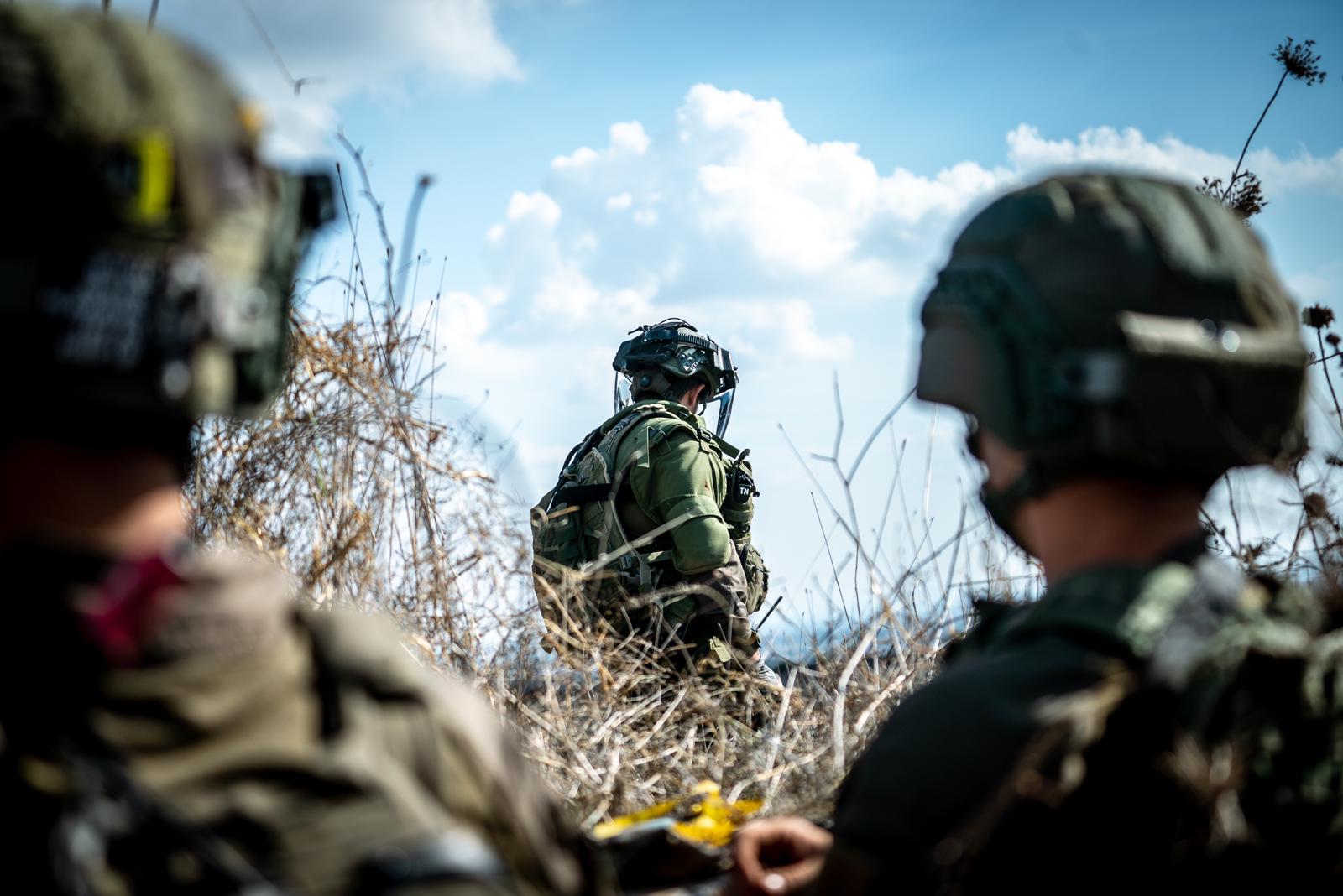Judge Pohl Rules on Classification Motions in 9/11 Case
Earlier this week, Military Judge James Pohl, the presiding judge at the military commission case United States v. Mohammed et al, issued three orders that relate to secrecy in the military commissions. In essence, the protective order which defense counsel are required to sign prior to being given access to classified discovery obligates counsel to treat "personal thoughts and accounts of treatment between capture and detention" as classified information.
The accused have challenged this rule throughout the litigation from a variety of angles.
From defense counsel J.
Earlier this week, Military Judge James Pohl, the presiding judge at the military commission case United States v. Mohammed et al, issued three orders that relate to secrecy in the military commissions. In essence, the protective order which defense counsel are required to sign prior to being given access to classified discovery obligates counsel to treat "personal thoughts and accounts of treatment between capture and detention" as classified information.
The accused have challenged this rule throughout the litigation from a variety of angles.
From defense counsel J. Connell, who represents the accused Ammar al Baluchi:
One of the three orders referenced in the press release thus far has been made available to the public, "AE200II," which dealt with a defense motion that the protective order violates the Convention Against Torture (CAT), to which the U.S. is a party, and requests that charges be dismissed or alternatively, that the death penalty be taken off the table. Judge Pohl concludes that as an Article I court with limited statutory jurisdiction, the military commission lacks the authority to grant relief based only on the authority of the CAT. He looks to statutory authority, as the CAT does not confer any rights to the accused, nor do the U.S. statutory provisions that define torture create individual causes of action that they could invoke. While he acknowledges that torture is also prohibited as a jus cogens norm of international law, those are not a part of U.S. domestic law, he rules. On the classification of the accused thoughts and statements, Judge Pohl says that the classification determination is the executive branch's prerogative, and that the military commission lacks the authority to declassify such information. Judge Pohl asserts that the protective order's provisions don't prevent defense counsel from fulfilling their ethical obligations in representing their clients, and concludes that their duties to protect the classified statements of the accused to which they are exposed run parallel with their duties to protect all other classified information to which they have access. Thus, he declines to dismiss the charges or remove the death penalty as a possible punishment. We will share the other orders when they are made available.MILITARY COMMISSION RETREATS ON CLASSIFICATION OF TORTURE MEMORIES
GUANTANAMO BAY, CUBA [On December 16], the military commission in the 9/11 case issued several orders (AE200II, AE013CCC, and AE013DDD) which lift the provision classifying the “observations and experiences” of defendants formerly held by the CIA. Defense attorneys are still required to treat CIA information as classified, but the military commission acknowledged that it had limited authority to control defendants’ thoughts and memories. “This ruling is an important step forward in accountability for torture,” said James Connell, attorney for Ammar al Baluchi. “The real question is whether the prison will allow the prisoners to communicate with foreign government officials, medical care providers, human rights authorities, and media.” This ruling is the latest vindication of a series of defense challenges to the United States’ authority to classify the thoughts, memories, and statements of the former CIA prisoners. In September 2012, the government abandoned its long-held policy of “presumptive classification,” in which every statement of former CIA prisoners was considered classified, but substituted a provision defining all prisoner observations and experiences on CIA detention as classified. Defense attorneys challenged that provision as violating the Convention Against Torture. Today’s ruling, which the prosecution strenuously opposed, lifts that restriction. “People who have been abused by officials have a right to tell human rights organizations, medical care providers, and others about their torture,” said Lt Col Sterling Thomas, United States Air Force, military attorney for Mr. al Baluchi. “If governments are allowed to keep allegations of torture secret, the protection against torture is worthless.”
Raffaela Wakeman is a Senior Director at In-Q-Tel. She started her career at the Brookings Institution, where she spent five years conducting research on national security, election reform, and Congress. During this time she was also the Associate Editor of Lawfare. From there, Raffaela practiced law at the U.S. Department of Defense for four years, advising her clients on privacy and surveillance law, cybersecurity, and foreign liaison relationships. She departed DoD in 2019 to join the Majority Staff of the House Permanent Select Committee on Intelligence, where she oversaw the Intelligence Community’s science and technology portfolios, cybersecurity, and surveillance activities. She left HPSCI in May 2021 to join IQT.
Raffaela received her BS and MS in Political Science from the Massachusetts Institute of Technology in 2009 and her law degree from Georgetown University Law Center in 2015, where she was recognized for her commitment to public service with the Joyce Chiang Memorial Award. While at the Department of Defense, she was the inaugural recipient of the Office of the Director of National Intelligence’s General Counsel Award for exhibiting the highest standards of leadership, professional conduct, and integrity.


.jpg?sfvrsn=407c2736_6)


